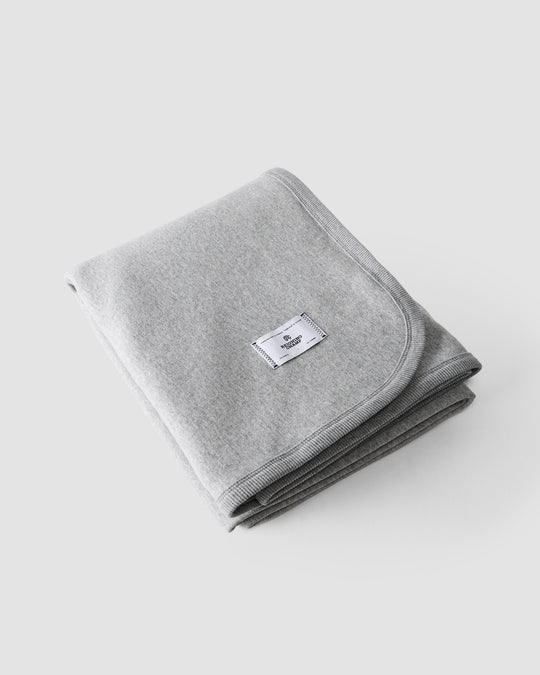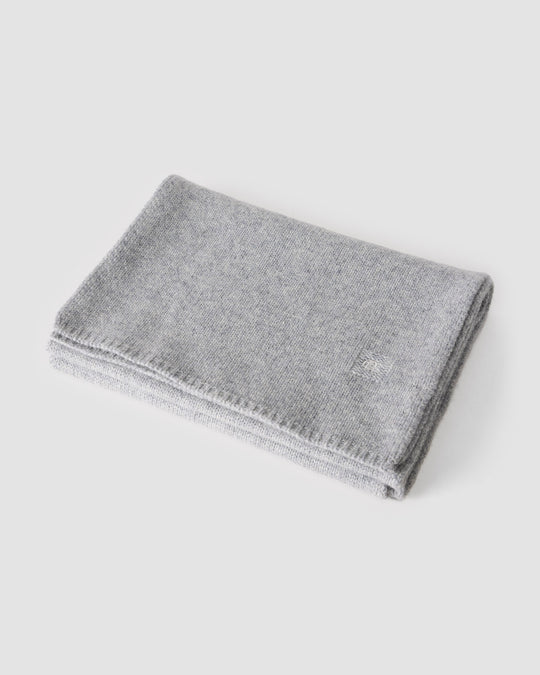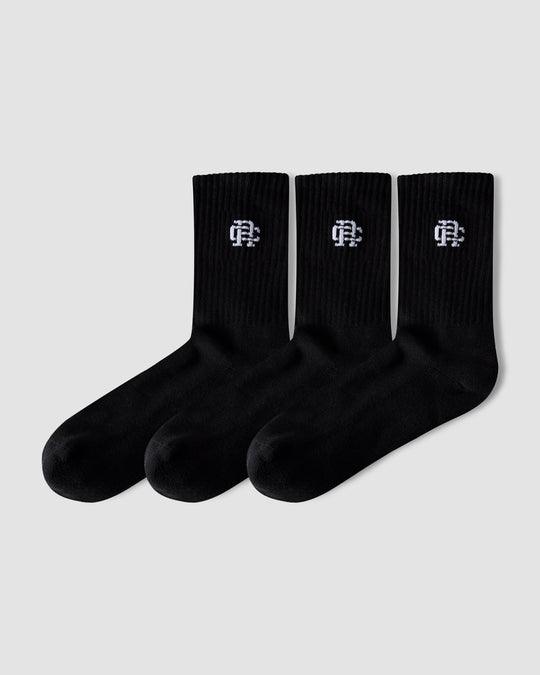OUTSIDE OF STAYING HEALTHY AND RIDING THAT FINE LINE YOU WERE TALKING ABOUT, SO MUCH OF RUNNING IS MENTAL. HOW DO YOU APPROACH THAT ASPECT OF THE SPORT?
Justin: I’ve been getting really interested in that. If I have a bad race, really trying to re-evaluate my thought process during the race. Because the body follows the mind, and with all the hype around Breaking2 and Kipchoge, just his mental Zen… In a race you’re uncomfortable, but that’s just your mind, it’s just a sensation you’re addressing. If I’m having a bad day in a race, and I’m focused on, “I’m having a bad day,” it becomes a snowball effect of, “I’m not feeling good, I’m not…” You’re focused on the end result, as opposed to, “I’m here, just one more step.” I’m trying to be way more in the moment these days, and more focused on the process than the actual result.
Lucas: At the end of the day we do it because we love the sport. Maybe it sucks for a little bit, maybe it hurts for a little bit. If it hurts for the last five minutes of a race or training, that’s pretty good if it’s the worst we’re going to feel. Trying to remember we enjoy it is a big thing.
Justin: Smiling through the pain.
Lucas: I’ve always had a hard time talking about the mental aspect of it, because it’s always kind of clicked for me. I never really needed to deal or worry with that. The racing for us is the celebration of what we’re doing, and we work so hard for nine or ten months of the year… To actually step on the track and see what we can do is the celebration. Running is such a pure form of testing yourself, at least for me, getting out on the track and racing, that’s the fun part. I don’t get too nervous.
Justin: When your body’s screaming and your mind is telling you “it’s so easy to slow down,” that’s the most alive you feel.
IF YOU COULD GIVE ONE PIECE OF ADVICE TO THE AMATEUR RUNNER, WHETHER THEY’RE TRYING TO BECOME ELITE, OR WORKING 40 HOURS A WEEK AND STRUGGLING WITH MOTIVATION, WHAT WOULD THAT BE?
Justin: Enjoy the process. I think that’s big. You’ll want to have these goals, but you’ve got to enjoy the day-to-day grind and have fun with it.
Lucas: It doesn’t matter how far or how fast you’re going. Just getting out the door and putting one foot in front of the other is good enough, and enjoy it, like Justin said.





















